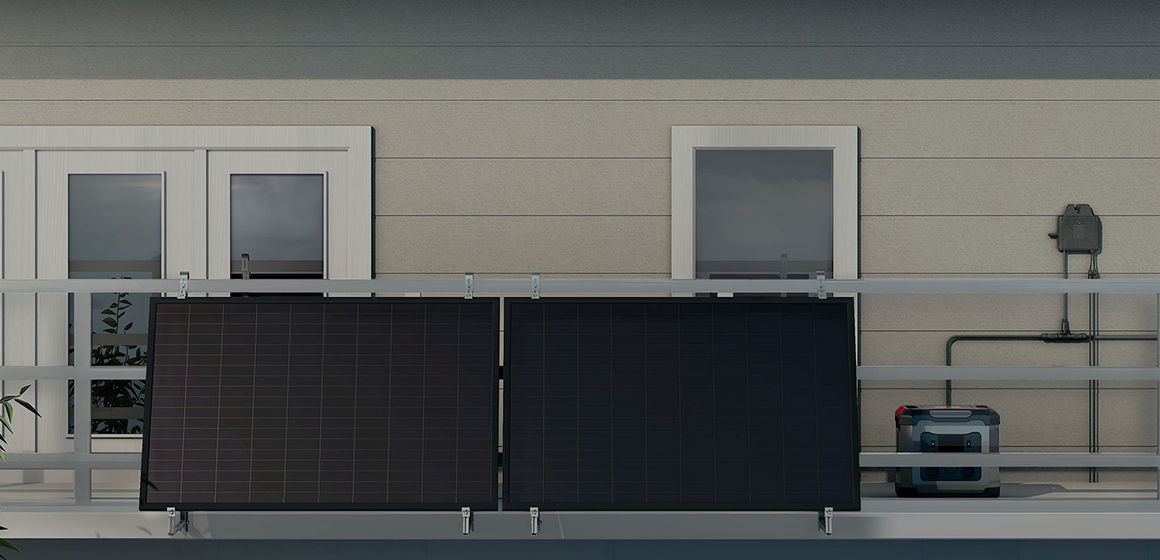As the world increasingly shifts towards renewable energy, understanding solar power products becomes essential for homeowners. This guide aims to provide a comprehensive overview of the various solar technologies available, helping you make informed decisions for your home.

Understanding Solar Power Products
Solar power products encompass a range of technologies designed to harness sunlight and convert it into usable energy. The most common products include:
- Solar Panels: These are the most visible components of a solar energy system, converting sunlight into electricity.
- Inverters: These devices convert the direct current (DC) produced by solar panels into alternating current (AC), which is used in homes.
- Battery Storage Systems: These systems store excess energy generated during the day for use at night or during cloudy days.
- Solar Water Heaters: These products use solar energy to heat water for domestic use.
Choosing the Right Solar Panels
When selecting solar panels, consider factors such as efficiency, warranty, and cost. High-efficiency panels may have a higher upfront cost but can provide greater energy savings over time. Additionally, look for panels with a robust warranty, typically ranging from 25 to 30 years, ensuring long-term reliability.
Evaluating Inverter Options
The inverter is a critical component of any solar power system. There are three main types of inverters:
- String Inverters: These are the most common and cost-effective option, suitable for systems with minimal shading.
- Microinverters: These are installed on each panel, allowing for better performance in shaded conditions.
- Power Optimizers: These devices work with string inverters to enhance energy production, particularly in partially shaded areas.
Choosing the right inverter depends on your specific installation conditions and budget. If your roof has multiple angles or shading issues, consider investing in microinverters or power optimizers for optimal performance.
Battery Storage: A Smart Investment
Battery storage systems are becoming increasingly popular as they allow homeowners to store excess energy generated during the day. This stored energy can be used during peak hours or outages, providing greater energy independence. When selecting a battery system, consider factors such as capacity, lifespan, and compatibility with your existing solar setup.
Additional Considerations for Solar Power Products
Aside from the main components, consider the following when investing in solar power products:
- Installation Costs: Factor in the cost of professional installation, which can vary based on your location and system size.
- Local Incentives: Research available tax credits and rebates that can significantly reduce your overall investment.
- Maintenance Requirements: Most solar systems require minimal maintenance, but regular inspections can ensure optimal performance.
For more information on high-quality solar power products, visit  .
.
In conclusion, selecting the right solar power products for your home involves careful consideration of various factors, including efficiency, cost, and compatibility. By understanding these elements, you can make informed decisions that will benefit both your household and the environment.







